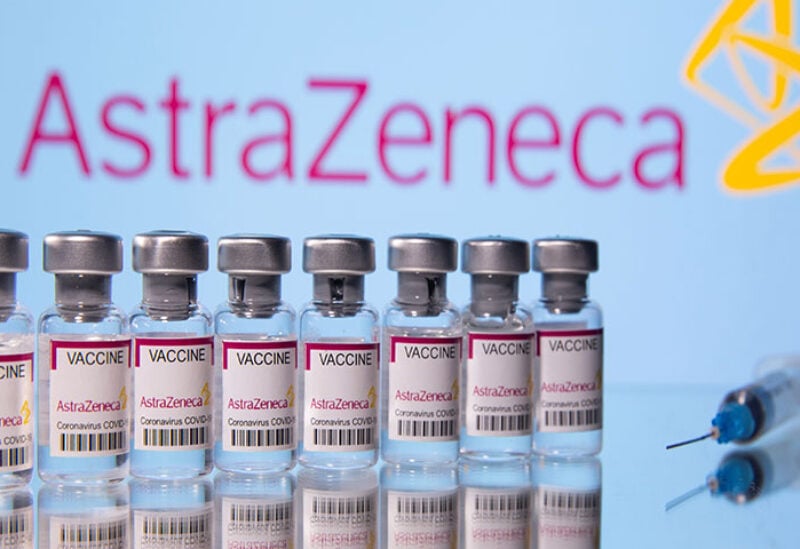
AstraZeneca
Germany, France and Italy have halted rollouts of the Oxford-AstraZeneca vaccine, after a series of incidents in Europe involving blood clots.
Smaller European nations also have halted vaccinations as a precaution while checks are made.
The World Health Organization (WHO) has said there is no evidence that the incidents are caused by the vaccine.
It said it was reviewing reports relating to the jab, but it was important vaccinations continued.
It was good practice to investigate potential adverse events, it added.
There have been a number of cases in Europe of blood clots developing after the vaccine was administered.
However, experts say the number of blood clots reported after the vaccine were no more than those typically reported within the general population.
About 17 million people in the EU and the UK have received a dose of the vaccine, with fewer than 40 cases of blood clots reported as of last week, AstraZeneca said.
Germany’s health ministry announced on Monday that it would stop administering the Oxford-AstraZeneca vaccine with immediate effect, on the recommendation of the Paul Ehrlich Institute (PEI), the country’s authority on vaccines.
“After new reports of thromboses of the cerebral veins in connection with the vaccination in Germany and Europe, the PEI considers further investigations to be necessary,” the ministry said, quoted by AFP news agency.
Shortly afterwards, French President Emmanuel Macron said France was suspending the vaccine until new advice was given by the European Medicines Agency (EMA) on Tuesday afternoon.
And Italy’s medicines agency extended a ban introduced on individual batches of the vaccine throughout the country, also pending the EMA decision.
The suspensions came less than a day after the Netherlands did the same. It said its suspension – which will last until at least 29 March – was a precaution.
The Irish Republic, Denmark, Norway, Bulgaria and Iceland have also temporarily halted inoculations with the vaccine, while the Democratic Republic of Congo and Indonesia have postponed the launch of their rollouts. Several European countries, including Austria, have suspended the use of certain batches of the drug as a precautionary measure.
Thailand announced that it would start using the vaccine on Tuesday, following a brief delay to the rollout over safety concerns.
WHO spokesman Christian Lindmeier said the body was investigating the reports.
“As soon as WHO has gained a full understanding of these events, the findings and any unlikely changes to current recommendations will be immediately communicated to the public,” he said.